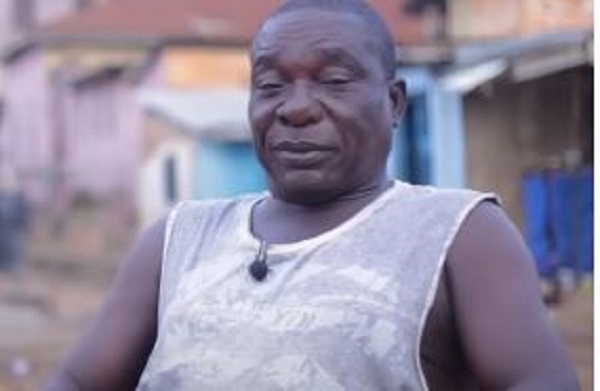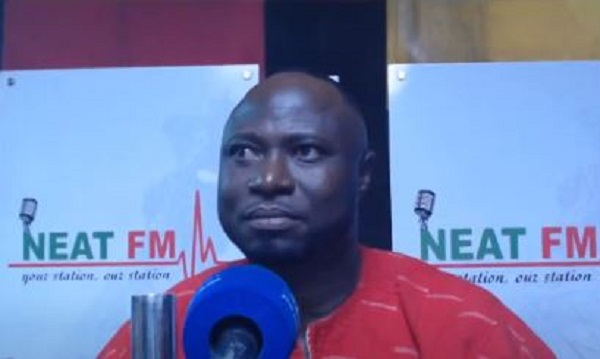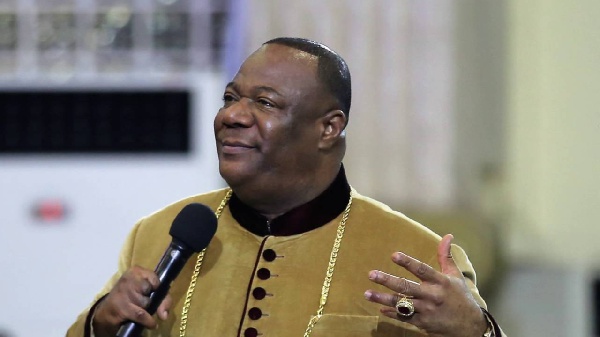
Vote leaders committed to disaster risk reduction - UN

The Head of the United Nations Office for Disaster Risk Reduction (DDR) has asked citizens of member countries of the UN to demand commitment from their leaders on ensuring risk-informed sustainable development policies.
Mami Mizutori also charges citizens to ensure the implementation of the Sandai Framework to save lives and infrastructure by mitigating unfolding and imminent disasters.
“I don't think it is the role of the DRR to possibly punish countries that do not implement the Sandai Framework'' she in responding to questions after the launch of the 2019 Global Assessment Report in Geneva Switzerland.
She said that role is left to the citizens of member countries to ensure that their leaders put such measure in place for their own safety.
“Voters of that country who are responsible must elect a government that will prioritize Disaster Risk Reduction in the phase of the treat,” she said.
According to the report, ''Development can be a major driver of disaster risk when it results in populations and economic assets being located in exposed geographic areas; in the accumulation of risk in urban areas due to rapid and unplanned developments; when it places excessive strains on natural resources and ecosystems; and when it exacerbates social inequalities if the income-generating opportunities for some population groups is curtailed'.'
It urges that “risk should be seen as a normal and inseparable part of economic activities and development, as something built into particular development pathways and practices, constructed through day-to-day decisions by those who have a stake in particular patterns of development. Disaster risk is thus a social construct conditioned by each society’s perceptions, needs, demands, decisions and practices''.
In the area of the risks posed by climate change, the report explicitly states that the ''Current national commitments to reduce GHG emissions and otherwise mitigate global warming under the Paris Agreement will not contain global warming within 2°C above pre-industrial levels, let alone the preferred containment within 1.5°C.
If this happens, it would take future hydrometeorological hazard extremes well outside the known range of current experience and alter the loss and damage equations and fragility curves of almost all known human and natural systems, placing them at unknown levels of risk.
It also means that it is no longer sufficient to address adaptation in isolation from development planning and that sustainable socioeconomic development, by definition, must include mitigation of global warming''.
The report concludes that ''Taking a broader and more nuanced approach to understanding how threats, hazards and shocks interact reflects the growing move towards utilizing systems thinking, grappling with complex risk and engaging with uncertainty.
In many respects, the DRR community is leading the way, as illustrated by the initiation of GRAF, for example.
This will require adopting "good practice principles in risk-informed development" such as inclusive and transparent, phased and iterative, flexible and adaptive, continuous learning and reflection approaches.
“Making development choices that support development trajectories that harness benefits for reduced complex risk, avoid risk creation and better manage residual risk, must be the way forward.''
Source: ghanaweb.com






